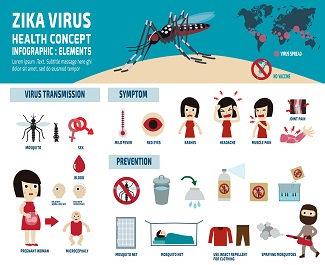What is diarrhea?
Diarrhea is a condition in which watery stool is discharged from the bowels frequently.
The symptoms of diarrhea may last for 2 to 4 days. In some cases, diarrhea may last up to 10 days. This infection of the intestine is known as gastroenteritis in medical field.
Symptoms of diarrhea
Frequent stool and water stool are symptoms of diarrhea. Other symptoms of diarrhea may or may not include the following: stomach pain, vomiting, abdominal cramps, bloating, weight loss and fever.
When to seek doctor’s help?
As stated in KKH (KK women and children’s hospital) HealthPedia, majority of children suffers from diarrhea do not need any medication. Parents just need to ensure their babies remain well hydrated.
If any of the following happens to your child who suffer from diarrhea, parents should consider seeking doctor’s help.
1. Has a fever of more than 39 degree celcius.
2. Has bloody stools. This can be a sign of viral infection.
3. Has not wet diaper in three or more hours. This is can be a sign of severe dehydration.
4. Cries without tears. This can be a sign of severe dehydration.
5. Diarrhea condition does not improve after 24 hours.
6. Has black stools.
7. You baby looks unusually sleepy, drowsy, unresponsive or irritable
Cause of diarrhea
Viral infection
Viral gastroenteritis, also known as stomach flu, is an inflammation of the stomach and intestines caused by viruses like rotavirus, norovirus. Rotavirus is one that commonly affect infants and children, those affected by this virus can spread the virus to other infant or children at childcare, for example.
It should be noted that vaccination against rotavirus is available in Singapore.
Bacteria
Bacteria like campylobacter, salmonella, shigella and Escherichia coli can cause diarrhea in children. These bacteria can be commonly found in community.
Parasites
Parasites like cryptosporidium can cause diarrhea in babies.
Antibiotics
If your child takes antibiotics, he may also experience diarrhea. This is because antibiotics destroy both good and bad bacteria in intestines. This sometimes leads to an infection with bacteria which can cause diarrhea.
Milk allergy
Some babies may experience lactose intolerance and cause them to experience diarrhea.
What to do with diarrhea?
Most cases of diarrhea clear on their own within a couple of days without treatment.
Parents just need to ensure their babies are well hydrated.
How to prevent diarrhea?
Good hygiene
Good hygiene habits like frequent washing of hand will minimize the risk of your baby contacting with bacteria, virus and parasite and therefore reduce the risk of getting diarrhea.
For newborns and infants, bottle hygiene is very important. Milk bottles need to be sterilised either by boiling or with the use of sterilising tablets.
For other children, handwashing before meals and good toilet habits should be taught.
Vaccination
Vaccination against rotavirus infection for young baby can also help to reduce the chance of experiencing diarrhea.



